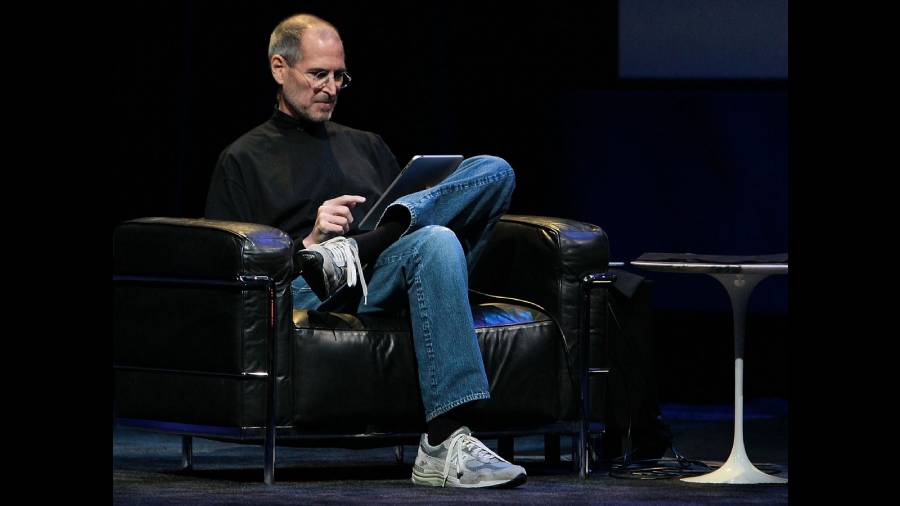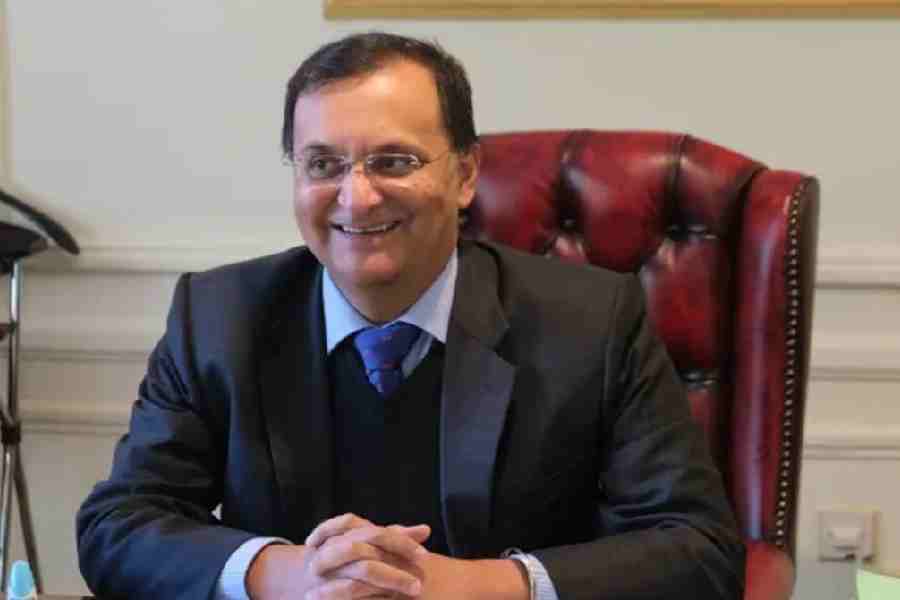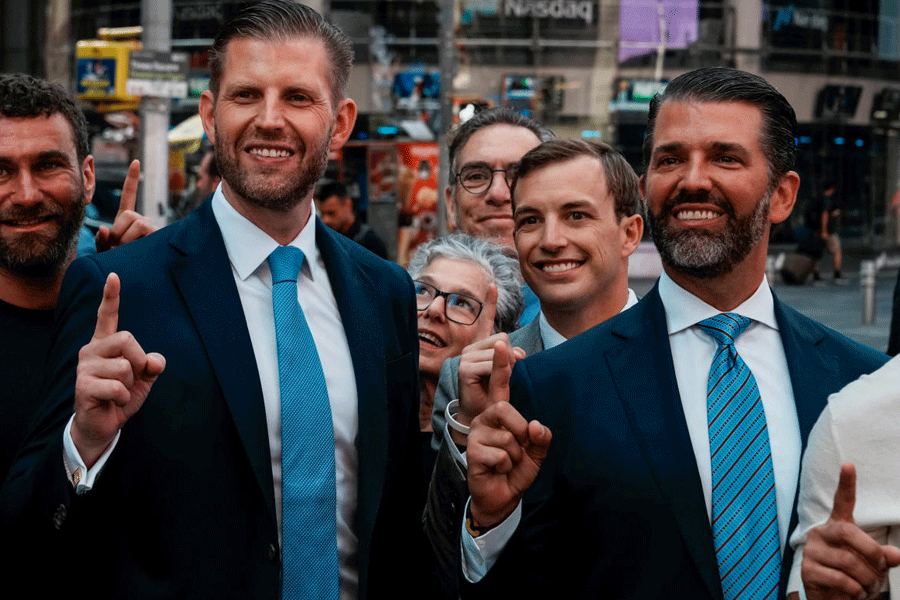Remembering that I’ll be dead soon is the most important tool I’ve ever encountered to help me make the big choices in life. Because almost everything — all external expectations, all pride, all fear of embarrassment or failure — these things just fall away in the face of death, leaving only what is truly important. Remembering that you are going to die is the best way I know to avoid the trap of thinking you have something to lose. You are already naked. There is no reason not to follow your heart.
Six years before Steve Jobs left his turtlenecks behind forever, his famous Stanford commencement spoke to everyone who is passionate about doing things differently. And remember, he touched the lives of even those who don’t own an iPad, an iPhone or a Mac.
Today, Apple is a multi-trillion-dollar company because of the work its captain had put in over decades. His company’s board had turned on him but ultimately he returned to take control and save the ship from sinking. He didn’t code; his team members did. He didn’t sit in the factory for months to get a product out; his team members did. What Jobs did was inspire team members to put out the best and there was no compromising on the design aspect. He made computers a coveted consumer good; something aspirational. And Apple continues to enjoy the backing of a not-so-secret ingredient — loyal user base.
“Ideas are fragile. If they were resolved, they would not be ideas, they would be products. It takes determined effort not to be consumed by the problems of a new idea. Problems are easy to articulate and understand, and they take the oxygen. Steve focused on the actual ideas, however partial and unlikely,” Sir Jony Ive said on the tenth anniversary of Jobs’s death in an article in The Wall Street Journal.
A few years after founding Apple, he led and motivated the team that designed the Macintosh computer, which was a breakthrough moment in the history of personal computing. But then came a bitter falling-out with the chief executive, John Sculley, who, by the way, was brought in by Jobs. It was perhaps his single bad recruitment decision. Nonetheless, Jobs returned in 1997 to oversee the creation of one path-breaking digital device after another — the iPod, the iPhone and the iPad, all of which transformed entire industries, like music and mobile communications. Even Sculley simply had to deal with the fact that Jobs was a visionary. I met him a few years ago and asked what Jobs would have thought about the project he was working on — Obi Worldphone. He said: “Whether he would have agreed or disagreed.... Steve had very strong opinions…we don’t believe in consensus…. We are very proud that our culture reflects the first principles Steve Jobs — probably more than anybody — was responsible for defining.”
During his time away from Apple, Jobs continued to innovate. He bought a tiny computer graphics spinoff from the director George Lucas and then bought in a team of computer scientists, artists and animators that became Pixar Animation Studios. Pixar soon became synonymous with Toy Story.
When Jobs appeared on the scene, he was understood and appreciated by a generation that grew up with black-and-white television, transistor radios and manual typewriters. He changed their lives. And he did that for more than a generation. In the Internet era, products like the iPod, iTunes, iPad, iPhone and the Macintosh computer made communication easier, and access to music and movies easier.
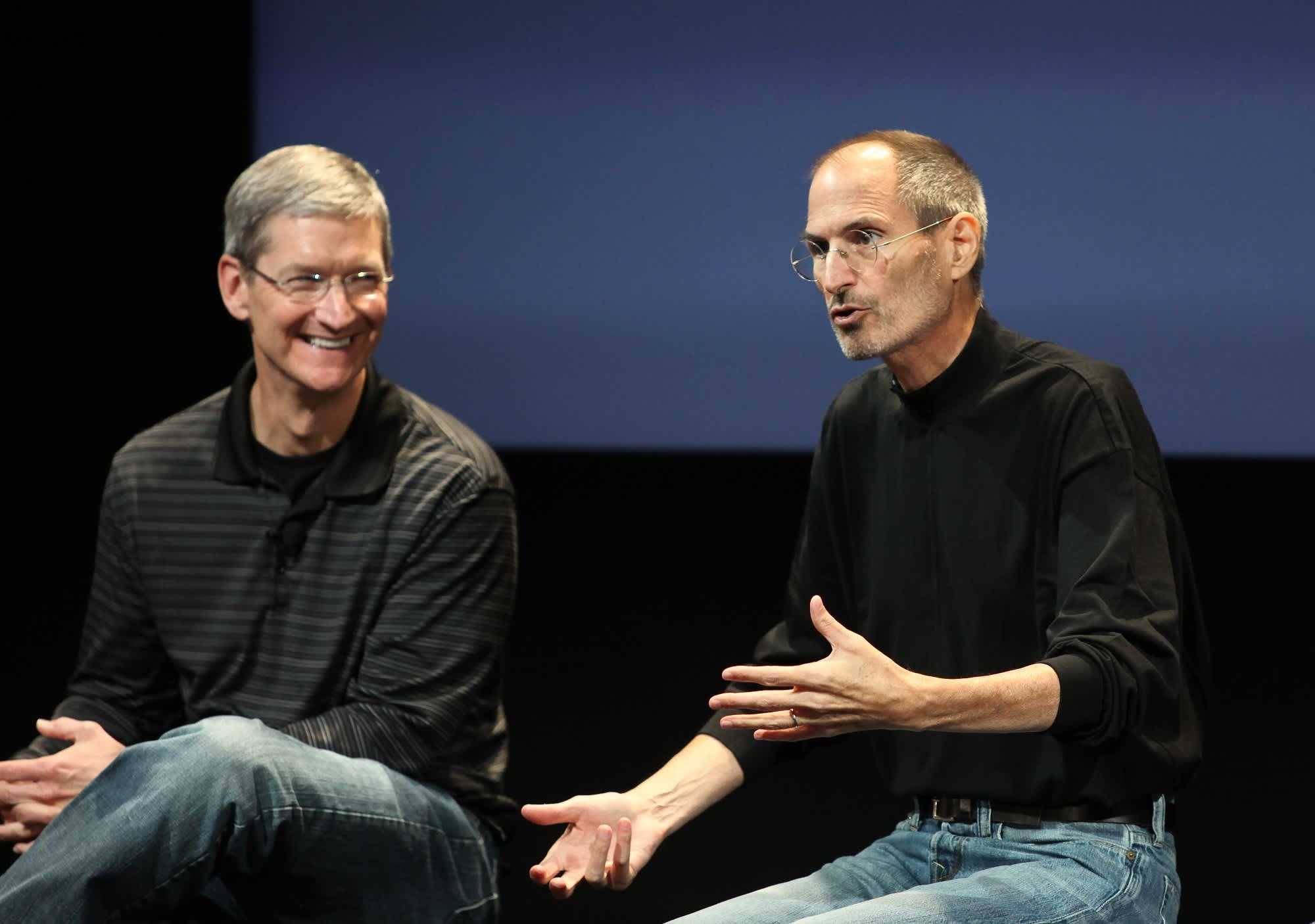
Of course, Jobs had his failings. He was known for publicly humiliating his employees and abruptly firing them during his tantrums. And he wasn’t the best of dads, something that comes across when you read Lisa Brennan-Jobs’s memoir about her famous father.
Elon Musk knows the rudeness part well as much as he admires Jobs’s ability to make fantastic products. A few years ago Musk recalled in a TV interview: “Well he’s certainly someone I’ve admired. Although I did try to talk to him once at a party and he was super rude to me… But I don’t think it was me, I think it was par for the course. I was actually there with… an old friend… Larry Page. I’ve known Larry since before he got venture funding for Google. He was the one who introduced me to Steve Jobs. It’s not like I was tugging on his coat (saying), ‘Please talk to me.’ But obviously he was an incredible guy and made fantastic products. The guy had a certain magic about him that was really inspiring. I think that’s really great.”
The Jobs that the world will remember is how his sister Mona Simpson remembered him in a piece in The New York Times: “Steve was humble. Steve liked to keep learning…. He believed that love happened all the time, everywhere. In that most important way, Steve was never ironic, never cynical, never pessimistic. I try to learn from that, still.”
Unlike many founders of tech companies, Jobs took seriously the great authority that comes with a role and that involved inculcating a no-nonsense, no-compromise work culture. A few weeks before the iPhone was introduced in 2007, he ordered an important design change. The company’s engineers had assumed that the smartphone’s face would be plastic since it is less fragile a material than glass. But there was a drawback — plastic touch screen was prone to developing scratches, which wouldn’t go down well with consumers, besides it will show that Apple doesn’t care about customers. Soon there was a last-minute scramble to get specialised glass and tweak to the design of the phone’s casing so that chances of the screen cracking during a drop would be reduced. The plan clicked. No corners were knowingly cut and customers got an unparalleled experience which only fuelled interest in the device.
Perhaps his understanding of popular culture made the company what it is. He was thick in the centre of cultural events, especially the ’60s counterculture in the San Francisco Bay Area. When he graduated from high school in Cupertino in 1972, he said “the very strong scent of the 1960s was still there”. He travelled to India where he found a guru, lived on a fruit farm and studied Zen before he founded Apple.
Here’s how successful the iPhone has been, even though smartphones existed before its arrival in June 2007. Jobs’s goal was to sell 10 million of the handsets in 2008, equivalent to one per cent of the global cellphone market. The company sold 11.6 million. By the end of 2010 the company had sold almost 90 million units.
Succeeding Jobs was never easy for Tim Cook but he has done well for himself and the company. And Cook will always remember Jobs as an innovator. In a 2016 interview Cook told Washington Post: “To me, Steve’s not replaceable. By anyone. He was an original of a species. I never viewed that was my role. I think it would have been a treacherous thing if I would have tried to do it.”
It all boils down to the iPhone you buy or that iPad or MacBook. What do you see in them? Something that has been built to last, just like what Steve Jobs built — Apple.
Life lessons taught

Throw tantrums
If design is important to you, it has to report to you because it’s a new skill that you have to build in the company. If you don’t show CEO support for that function, don’t even get started on that journey. The other thing he told me which was unusual for me because it was just not in my personality to do that. He said: ‘If you really feel strongly about something and you don’t like something people are doing, throw a tantrum. Throw things around because people have got to know you feel strongly about it.’ And I talked to his agency partners and they said that if you showed Steve a campaign or showed him a design for a product and if he didn’t like it — he would throw the papers across the room and make them work all night.
— Indra Nooyi on meeting Steve Jobs after she became PepsiCo’s CEO
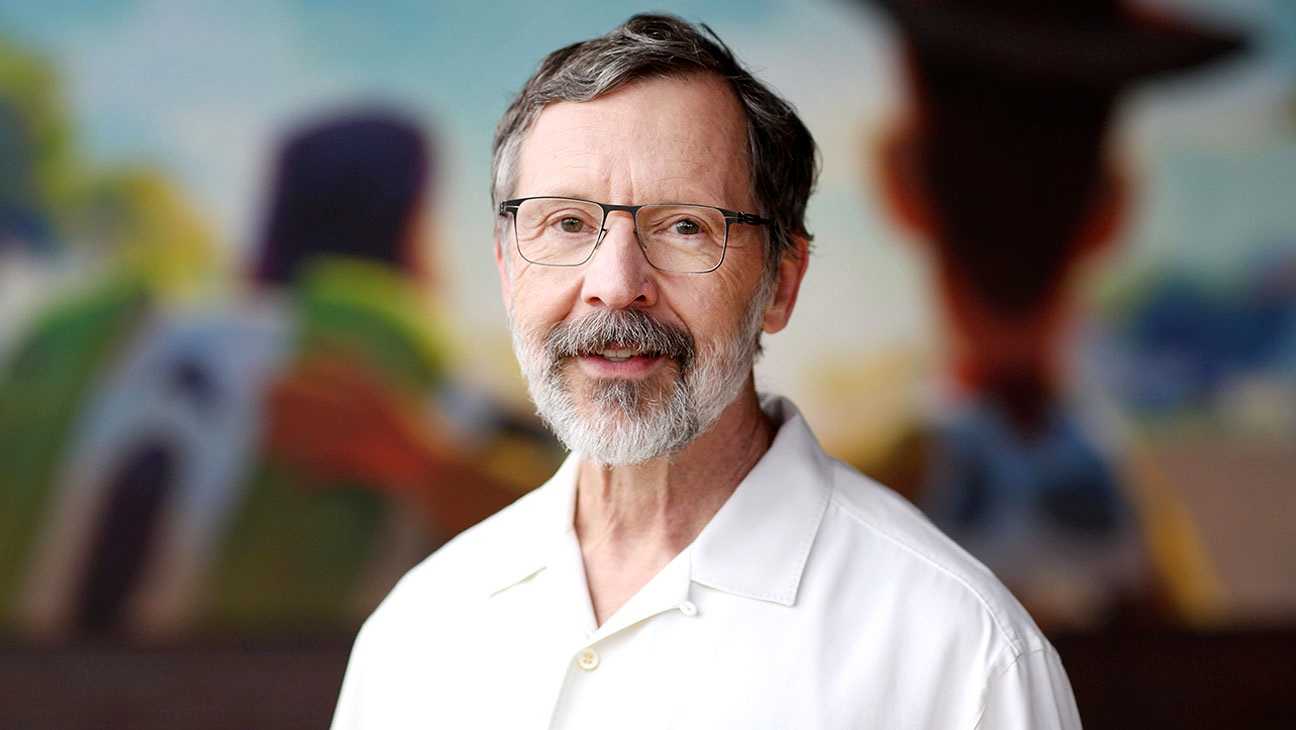
Think ahead
So we’re out trying to figure out how to make this movie. And we were a group that had been through failures together, we’d experienced that. And it was really difficult to figure this out, and we made a lot of miss-estimates. And the first version didn’t work very well, but as we got closer it became apparent that we were onto something really big. And I have to say, John Lasseter believed right from the beginning that this was going to be gigantic. But from Disney’s point of view it was a boutique film, so they didn’t put any consumer products behind it because they didn’t see it being anything. But as we got into the last year, it was now apparent it was big. And so Steve said, okay now we are going to revolutionise this industry.
But the deal that we had with Disney, frankly was not a very good deal, we got like three to five per cent of the profit, something like that. So it was not... not very good. So Steve called John and me together and he said, okay, our deal lasts for three pictures and at the end we are on our own. Michael Eisner will realise as soon as this film is successful that he will have just created his biggest nightmare. So he will not want the contract to end. So when the film comes out he will renegotiate, and when we renegotiate I want 50 per cent of the profits. But if we get 50 per cent of profits, that means we have to put up 50 per cent of the money. So in order for us to put 50 per cent of the money, we have to have the money in the bank, therefore we should go public. So John and I were saying, whoa, this is a little early here! Let’s prove our worth first. But Steve being Steve, he had a compelling way about him.
— Ed Catmull
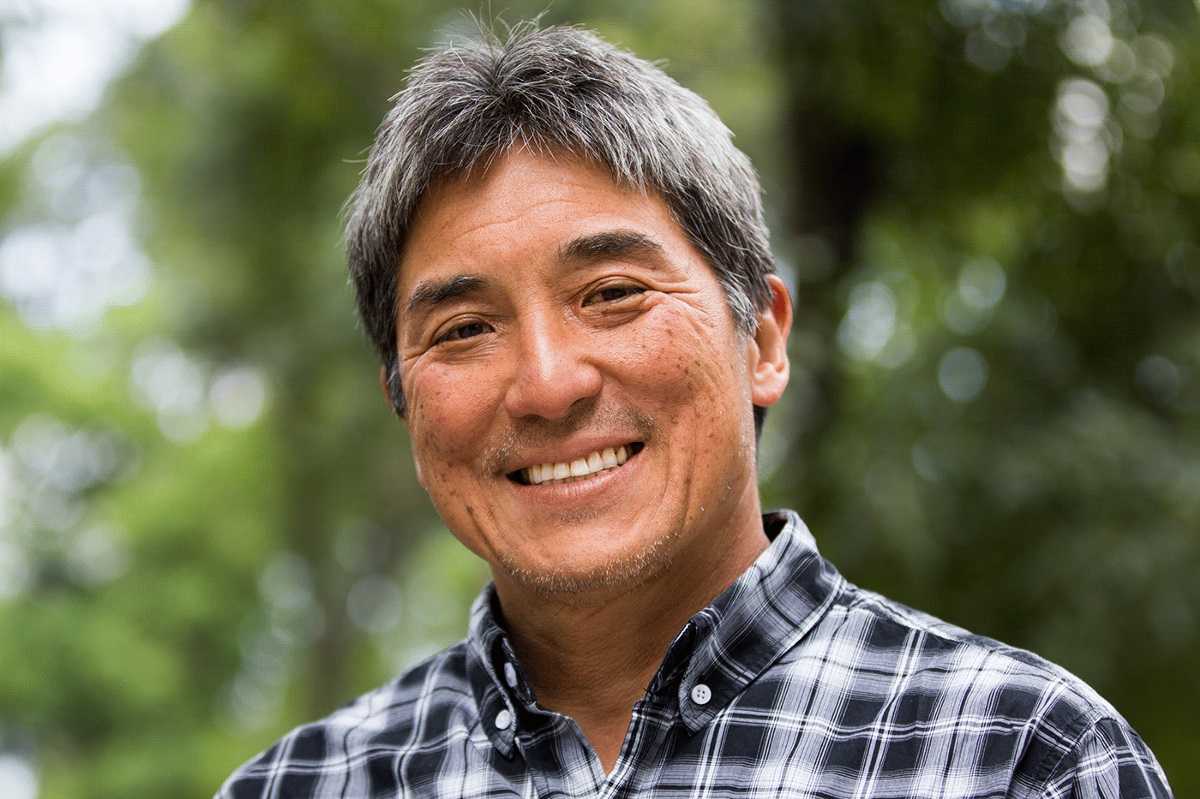
Be brutally honest
One day, I’m in my cubicle, Steve shows up with someone I’ve never met before. He asks me, ‘Guy, what do you think of this company Knoware?’. I said, ‘Well Steve, it is a mediocre company, mediocre product, lot of drilling practises, doesn’t make full use of graphics, just basic mediocrity, nothing that strategic for us.’ He says to me, ‘I want you to meet the CEO of Knoware.’ So that’s what was like working for Steve Jobs. You always have to be on the ball.
— Guy Kawasaki, former chief and software evangelist of Apple
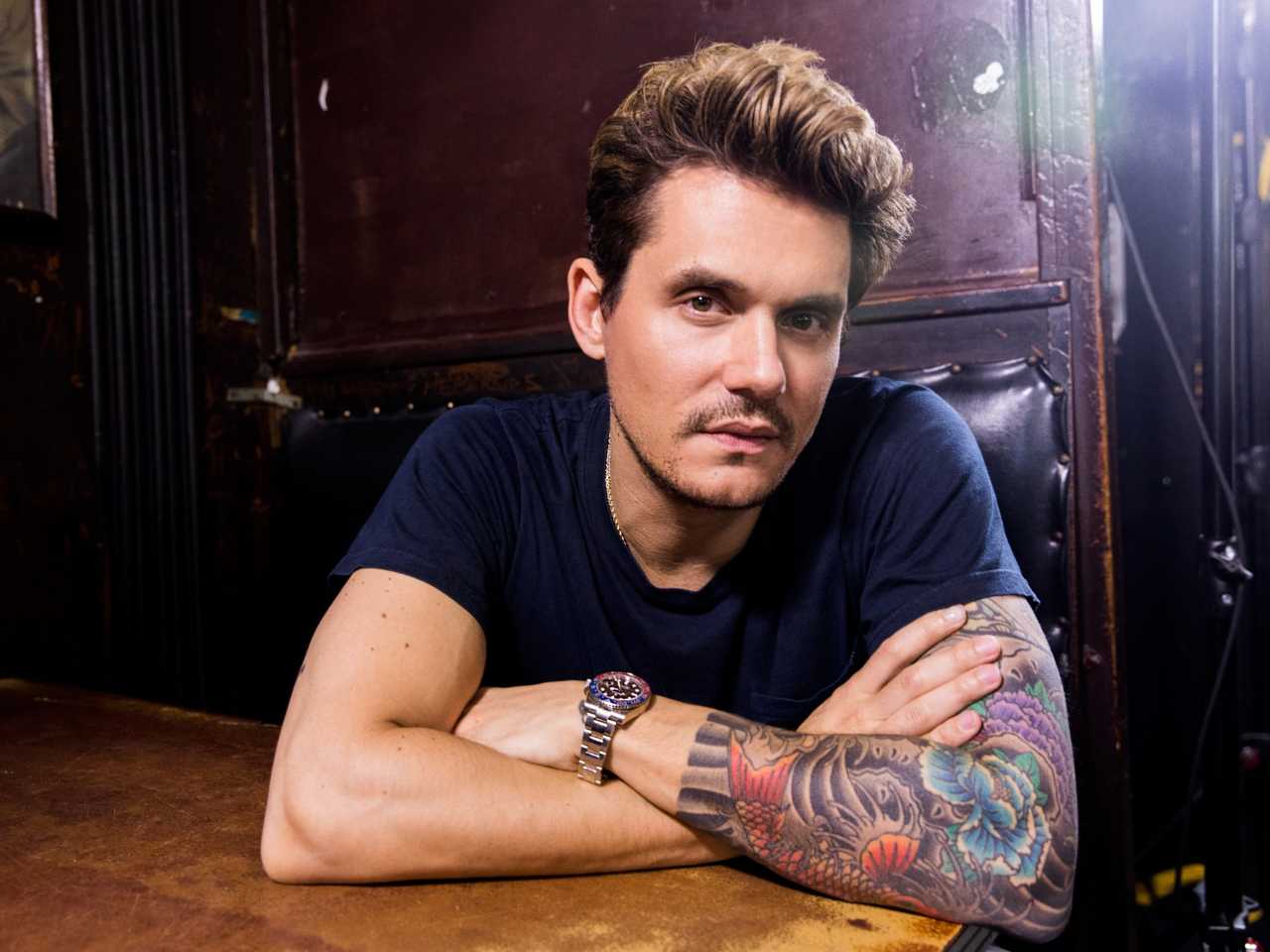
Be practical
A couple of things really standout. One of the things he said to me was when we were having dinner: ‘Just keep showing up to the party.’ It sums everything up for him. We had a very loyal relationship. He would always take my call personally, and that scared the crap out of me. So whenever I would call, I would make sure that I really had something to say. And this leads me to how much of a genius he was. It also explains a little bit as to why you get this sort of other narrative about him being tough. I was standing backstage at Macworld one time and I am a big Mac fan. I said, ‘Okay, Steve. What about a vintage computer, with vintage aesthetics, like an old, G3 Pismo PowerBook from 1999,’ which I loved (it’s still the best-looking PowerBook, right? Looks like Batman’s PowerBook). I said, ‘What about an old G3 Pismo PowerBook, with all new guts inside of it. Why can’t you make that?’ and he just said like this: ‘Because we’d sell 14 of them.’
— John Mayer
The man speaketh
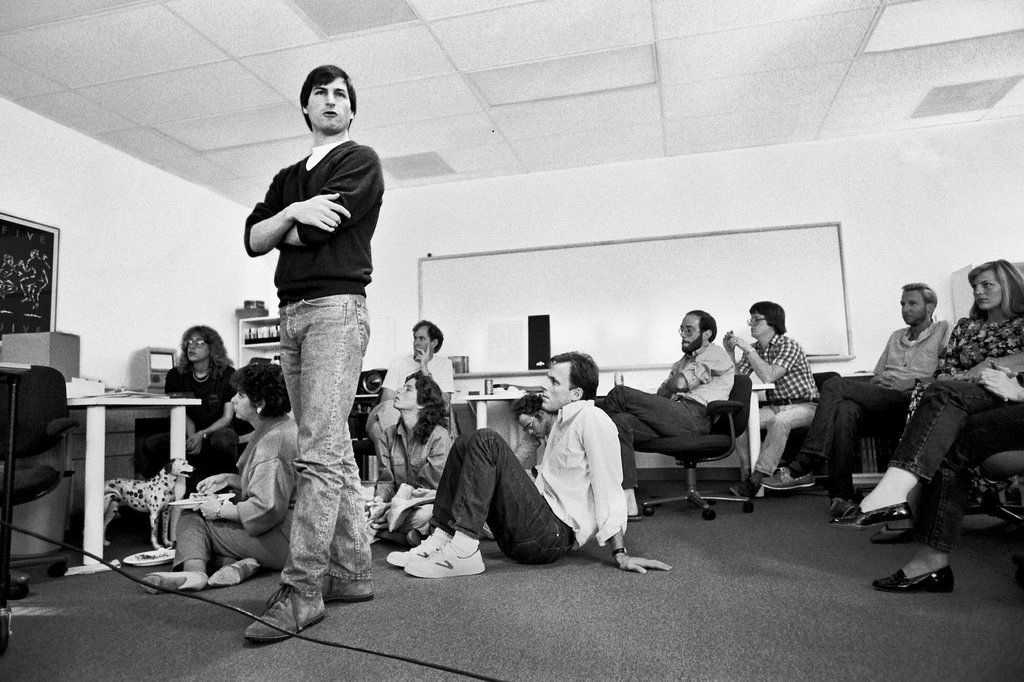
On Android versus iOS
It is worthwhile to remember that open systems don’t always win. Open versus closed is a smokescreen. Google likes to characterise Android as open and iOS as closed. We think this is disingenuous.
On innovation and design
Do we have what it takes to establish a third category of products? The bar is pretty high. It has to be far better at doing some key things. We think we have the goods. Our most advanced technology in a magical and revolutionary device at an unbelievable price.
On life’s lessons
I didn’t see it then, but it turned out that getting fired from Apple was the best thing that could have ever happened to me. The heaviness of being successful was replaced by the lightness of being a beginner again, less sure about everything. It freed me to enter one of the most creative periods of my life.
On good work
Your work is going to fill a large part of your life, and the only way to be truly satisfied is to do what you believe is great work. And the only way to do great work is to love what you do. If you haven’t found it yet, keep looking. Don’t settle. As with all matters of the heart, you’ll know when you find it.
Milestones
• Steve Jobs founded Apple Computer in 1976 with his high-school friend Steve Wozniak. Their first product was the Apple I.
• In 1983, Apple unveiled a desktop computer called Lisa, which featured a graphical user interface.
• After being forced to leave Apple following a power struggle, Jobs founded NeXT, Inc., in 1985, which developed computers for businesses and schools.
• In 1997, Apple bought out NeXT, bringing Jobs back to the company.
• In 1998, Jobs unveiled the iMac, which was an all-in-one version of the Macintosh line of computers.
• The iPod was released in 2001.
• The release of the iPhone happened in San Francisco in January, 2007.
• The history of tablet computing was changed with the arrival of the iPad in 2010.

